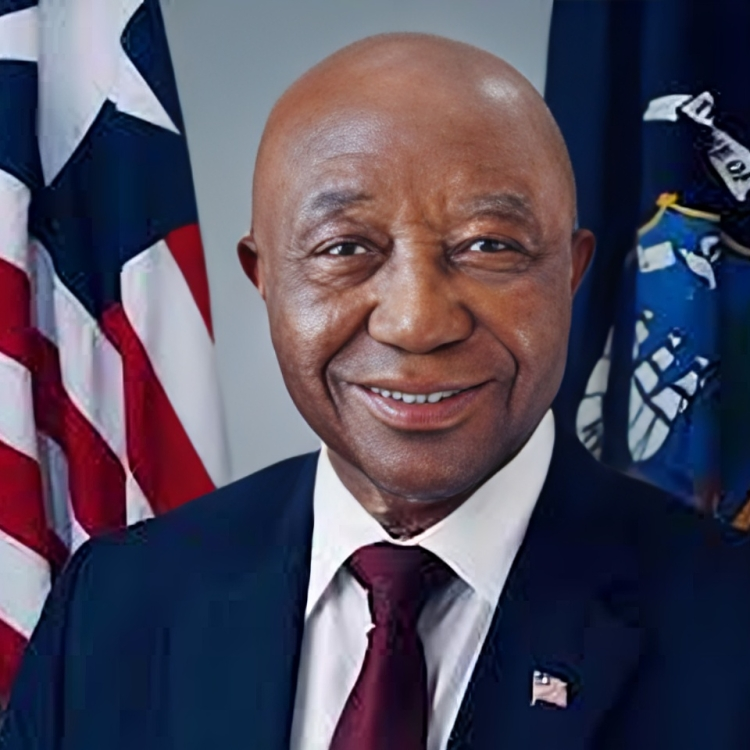
LIMPAC is a Research Think Tank of the Government of Liberia established since 2008. It leverages evidence-based research for efficient public policy design and recommendations.
LIMPAC planned to have gone semi-autonomous over the period of three years beginning at 2016 during which time it was funded by the Government of Liberia and the African Capacity Building Foundation (ACBF). Presently, LIMPAC is solely funded by the government of Liberia.
The governing body of LIMPAC includes the Board of Management, chaired by the Minister of Finance and Development Planning and the Senior Management team head by the Executive Director who supervises the day to day activities.



Evidence –based research to inform design and implementation of public policy that promote sustainable economic growth and development in Liberia.
Provide capacity support to government functionaries to improve resource allocation and services delivery through sound economic and public financial management.
Support training needs for public sector employees and provide support to increase educational outcomes for university students within Liberia.
Partner with key data generating institutions to collect, validate, update, and publish socioeconomic data at the administrative district levels of Liberia to facilitate and increase independent research studies on Liberia.
